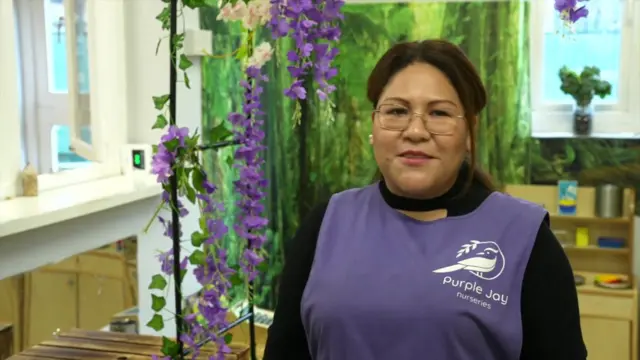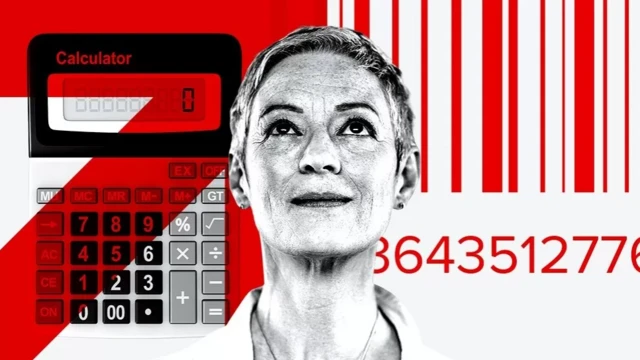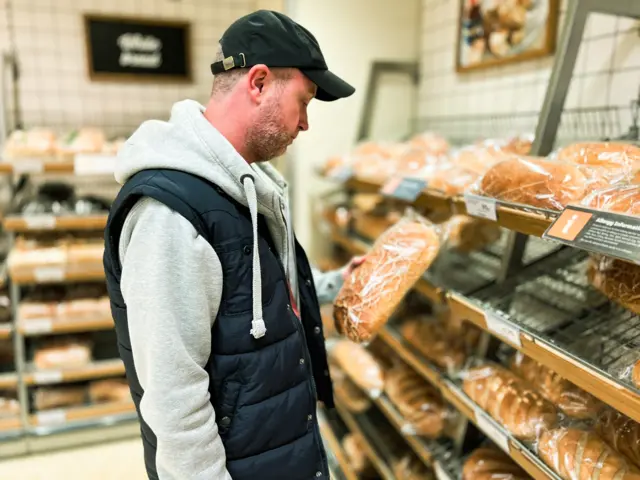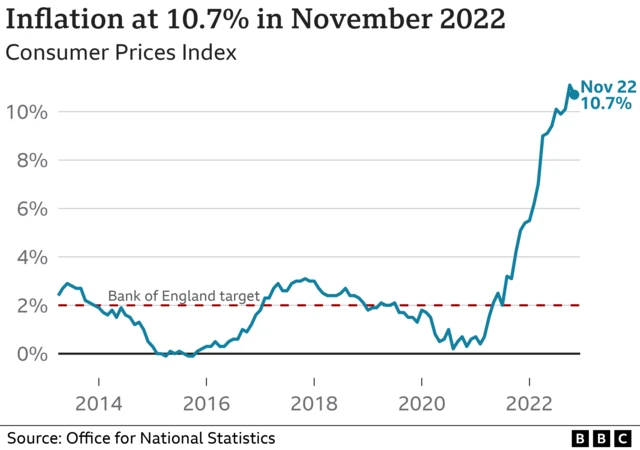‘It feels like I’m just breaking even’published at 09:01 GMT 14 December 2022
Ramzan Karmali
BBC Business reporter
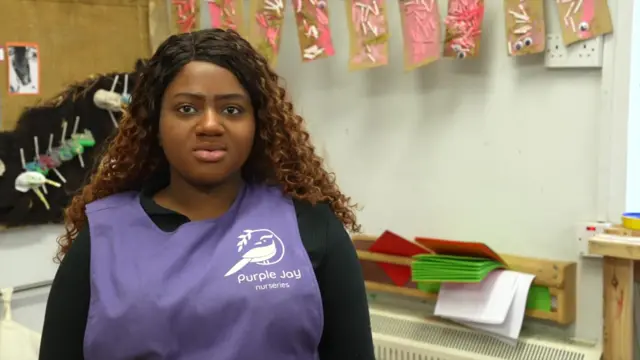
Kai Clarke is a room leader at Purple Jay Nurseries’ Lambeth branch. She has received pay rises totalling 16% this year but says it feels like most of the extra money she earns goes on bills.
"Now it's like we've broken even because the salary has gone up but so have the bills," she said.
"The essential bills sky rocketed - gas and electric mainly - then there's council tax to pay. I would say that I'm happy and I'm grateful but the excitement has worn off because I've noticed it is all going into the bills. Even simple things like juice, milk and butter have gone up."
The nursery’s deputy manager, Isaura Heredia Via, says: "Before the pay rises I was finding it hard to pay my rent and all of my bills. But now there's the increase on our salary it makes a great impact on our daily life so we would be able to pay everything on time and won't have to ask anyone to borrow money to try to pay bills or cover expenses."
She added: "It's still hard because the price of food and everything is increasing, obviously rent as well, but it certainly helps to make our lives a bit easier so we won't be as stressed and having to borrow."
